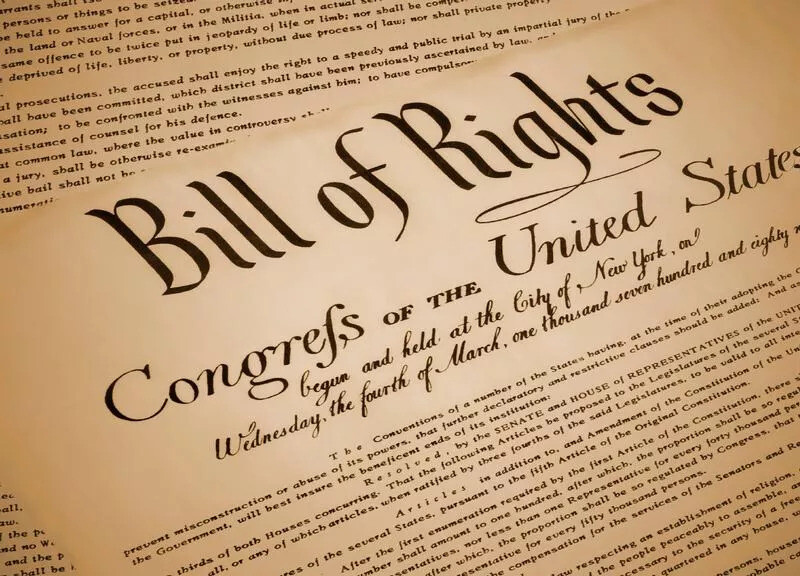The Fifth Amendment establishes the right to remain silent and the right not to be a witness against yourself in a criminal case. This important constitutional amendment means you do not have to provide an answer that would incriminate you. However, while the Fifth Amendment means you cannot be compelled to testify against yourself, it does not necessarily allow you to avoid answering any and all questions or responding to discovery requests.
Because the Fifth Amendment applies to protect you from providing evidence that can be used against you in a criminal case, many people are uncertain whether they have a right to remain silent in a civil case. The answer to this question can be complicated.
An Denver personal injury lawyer can provide you with legal advice on whether you should respond to inquiries as part of a civil lawsuit or whether you can assert the Fifth Amendment right against self-incrimination. Larson Schneider has extensive experience helping defendants to argue the Constitution gives them a right to remain silent and we will work hard to help you raise this argument and other legal arguments that could help you in civil litigation.
Do You Have the Right to Remain Silent in a Civil Case?
The Fifth Amendment right not to incriminate yourself is not restricted only to cases where you are under indictment or actively being prosecuted for a crime. In 1976, the U.S. Supreme Court ruled on a case called McCarthy v. Arndstein. Among other holdings, the court ruled: “The constitutional privilege against self-incrimination applies to civil proceedings.” You must assert the right yourself and indicate you refuse to answer on the grounds your reply may incriminate you.
This does NOT mean you can refuse to provide answers to questions because they could lead to a jury finding for the opposing party in the civil litigation. What it means is, if your answers to the questions you are being asked could result in you facing criminal prosecution, you do not have to provide the answers. You also do not need to provide answers if the information you would provide could be enough to lead police to evidence that could be used to incriminate you.
In 1997, the 11th Circuit court explained in United States v. Gecas that the threat of future prosecution must actually be “reasonable, real, and appreciable” in order for you to be justified in asserting your Fifth Amendment right. You cannot simply claim you think you might some day be prosecuted for your answers in order to avoid providing information you have been asked about when you are involved in civil litigation.
Whether or not there is a credible threat your answers could lead to criminal prosecution is going to vary depending upon the specifics of the case and the questions being asked. An experienced Irvine civil litigation lawyer can advise you on whether you may be able to assert your Fifth Amendment rights when you are asked questions in civil litigation you are involved in. Call Larson Schneider today to schedule a consultation with a lawyer who can help you. 303-221-0039

